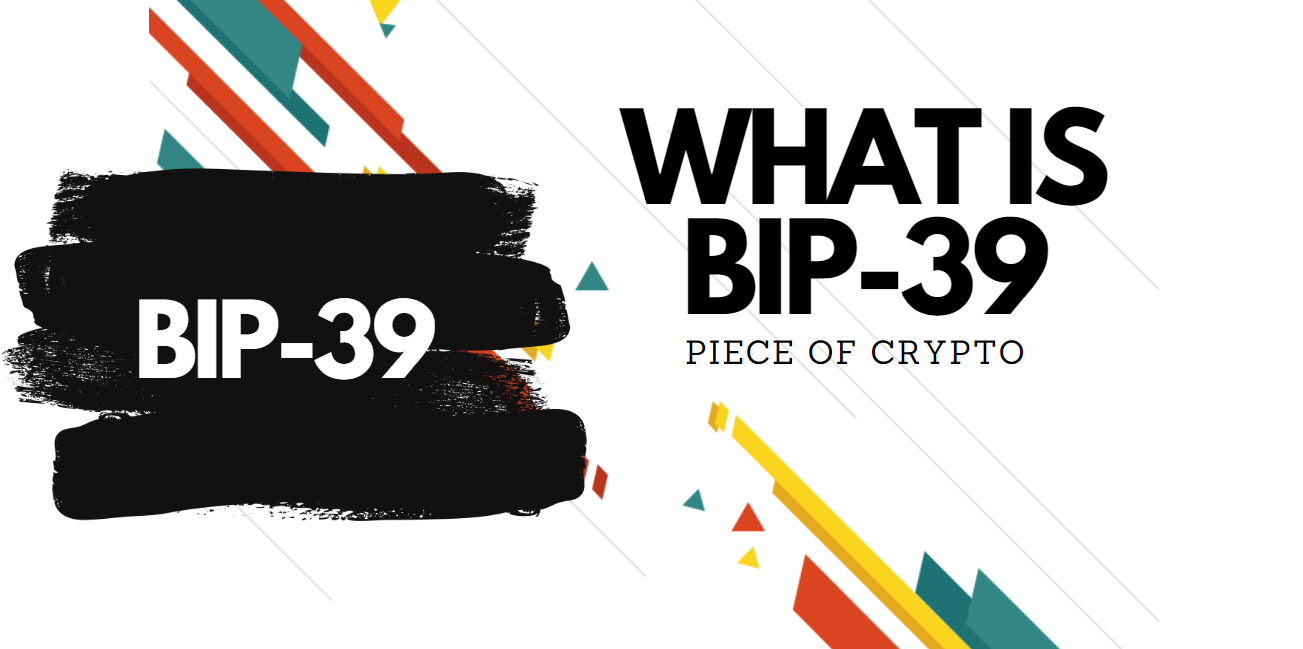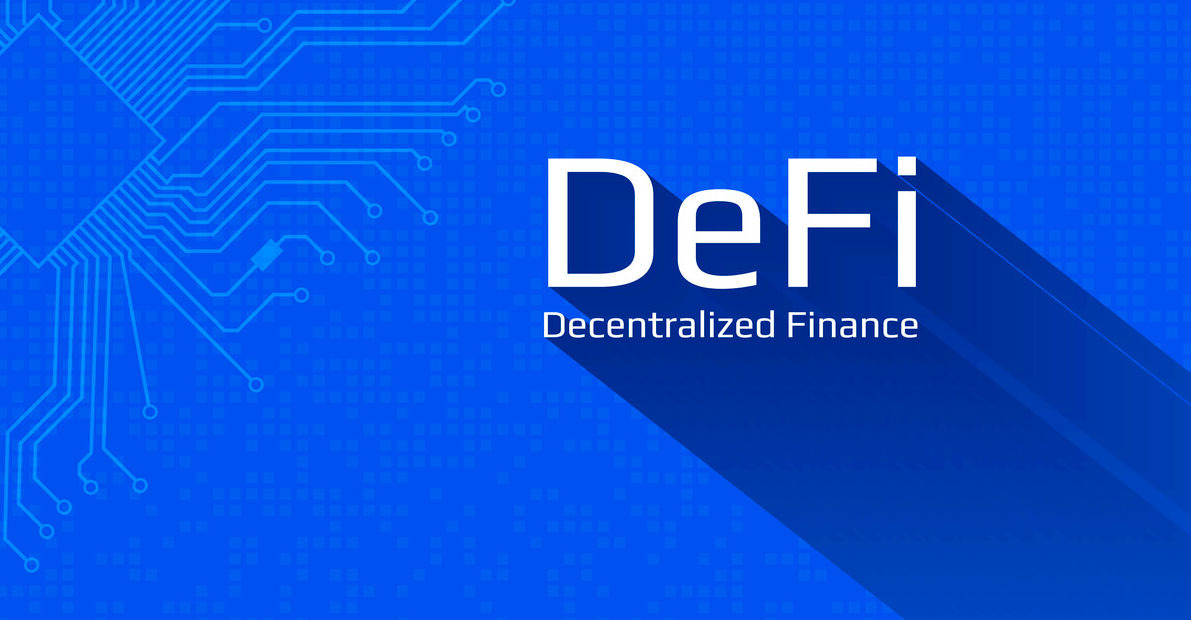Bitcoin Improvement Proposal 39 (BIP-39). BIP-39 (Bitcoin Improvement Proposal 39) enables crypto wallets to backup and recover mnemonic phrases (seed phrase) without using complex private keys. This makes it easier to access and store digital assets.
Each seed phrase is derived from a 2048 word list called the BIP-39 wordlist. These words are carefully selected to reduce the chance of mis-specification.
What is BIP-39?
BIP-39 is a standard that was introduced to make it easier for crypto users to backup and recover their wallets. It standardized the format of mnemonic seed phrases so that users can access their wallets from any device.
Prior to this standardization, wallets used private keys that were deterministic (meaning they were generated and accessed using a single random string of characters). However, this required users to remember both letters and numbers, which was difficult for many people to do and could leave them unable to access their wallet.
A BIP-39 seed phrase is composed of 12-24 words, each containing up to 2048 combinations of individual words that don’t share the same four letters. Because these words aren’t guessed often, a BIP-39 seed phrase offers much higher levels of security than a standard seed that’s been guessed frequently.
The BIP-39 seed generation process starts with a random number (RNG), then generates a mnemonic phrase from the RNG’s random output. This mnemonic phrase is then converted into a seed by performing SHA256 on the mnemonic, which produces a hash value. The resulting hash value is then processed by PBKDF2 to produce a 512-bit seed.
When generating the mnemonic phrase, a passphrase can be added as an additional security factor. This adds an extra layer of security to the seed, so if someone else knows your passphrase, they’ll have to guess your seed phrase in order to deduce your private key.
This is a great feature for users who are more experienced with crypto security. But it’s also important to note that the BIP-39 seed phrase itself is extremely resistant to a brute force attack, so adding an additional password won’t significantly reduce the risk of being guessed.
In addition to ensuring security, the BIP-39 seed phrase format is designed to be compatible with most crypto wallets. Without it, each wallet would implement its own mnemonic format, causing compatibility issues across wallets.
BIP-39 is an essential part of a blockchain’s security framework, ensuring that users have control over their funds and can’t be compromised by a gatekeeper. As a result, the standard is rapidly becoming an important part of the cryptocurrency ecosystem.
What is the BIP-39 word list?
The BIP-39 word list is a carefully chosen set of 2048 words, each with a unique first four letters. This makes it easier to identify a word when space is tight.
The word list is used to create a 12 or 24 word seed phrase, which can then be converted into a deterministic wallet key using BIP-0032 and similar methods. Many crypto wallets are built on this technology, including Daedalus, Trust Wallet, and Yoroi.
This technology is a relatively new invention, and is only now starting to gain wider adoption in the cryptosphere. It is an interesting concept, and it has a lot of potential to change the way we think about deterministic wallets.
As you can imagine, it is important to understand this technology before you implement it in your wallet. This will help you to avoid making any mistakes.
One of the most important things to remember is that the word list must be carefully chosen and maintained, to ensure its effectiveness. This means that it should not have synonyms, alternative spellings, only 1 character variations, or be profane.
Additionally, the word list should be kept simple and logical. This will prevent errors caused by mis-specification.
Finally, the BIP-39 word list must be made up of words that are easy to memorize, preferably in their native tongue. This will make it more likely that you can recall the word correctly in the event of an emergency.
It is also worth noting that the BIP-39 word list is not the only way to store a 12 or 24 word recovery phrase. There are other options, such as writing a word on paper, stamping it on a steel card, or storing it in a metal crypto wallet.
What is the BIP-39 passphrase?
The BIP-39 passphrase (sometimes known as a 25th word or plausible deniability passphrase) adds an additional layer of security to your crypto wallet. It’s an optional feature that offers extra protection in the event that your seed phrase is exposed to someone, or if you lose access to your hardware wallet.
A crypto wallet’s mnemonic seed phrase is a string of 12-24 words that are used to create a private key. These words are created through a process that aims to make the seed phrase so unique that it can’t be guessed through brute force.
After generating the seed phrase, the words are input into a function called PBKDF2 using HMAC-SHA512. This function makes 2048 rounds of iterations and comes out with a 512 bit key that is your new seed.
This 512 bit key is what you use to create transactions and spend your crypto. It’s also what you use to generate recovery seeds for your wallet.
BIP-39 has become a standard for most wallets, and it’s also used in many other cryptocurrency projects. It’s a crucial security feature that is important to know about.
During the BIP-39 process, a user is given a 12-24 word seed phrase. Unlike other wallets, which may have their own passwords or PINs, your seed phrase is only accessible to you.
Your mnemonic seed phrase is chosen from a limited dictionary of 2048 carefully chosen English words. These words are arranged into 11-bit groups that map to words on the BIP39 word list.
Once the word list is generated, it’s compared against the mnemonic seed phrase to determine whether or not the two match. If they do, then your seed phrase has been verified and is considered valid.
If your mnemonic seed phrase does not match the word list, then your mnemonic is invalid and you should discard it immediately. The BIP-39 process is designed to be a quick and easy way to generate a recovery seed, but it should not be used if your mnemonic is not correct.
After you’ve created your BIP-39 mnemonic seed, you should store it somewhere secure and not make it public. This will prevent attackers from getting a hold of it and stealing your coins.
How does BIP-39 work?
BIP-39 is a standard that defines how mnemonic phrases (seed phrases) are generated and converted into a binary seed, which can be used to generate deterministic wallets. This process is vital for ensuring that crypto wallets are robust and scalable, allowing them to manage a vast number of keys.
In the past, crypto wallets were accessed by using private keys, which were long strings of characters made up of letters and numbers. This was a cumbersome way to access wallets, and it could be difficult to remember. Furthermore, getting even one character wrong would leave users without access to their funds.
To combat this issue, Bitcoin Improvement Proposal number 39 was developed. The idea behind it was to create a more memorable format for recovery seed phrases that are less likely to be entered incorrectly.
During the setup process, most wallets that support BIP39 will provide you with a 12 to 24 word phrase randomly selected from a word list of 2048 words. These words are selected because their first four letters are unique, which means that they can be easily identified when compared to the rest of the word list.
This is important because it reduces the risk of typographical errors and increases security. In addition, the BIP39 standard allows wallets to verify each mnemonic sentence by creating a checksum of random numbers.
A checksum is a small piece of data that helps wallets verify the validity of the entire word list. When a user inputs a seed phrase, the wallet will compare it to the checksum to make sure that it is valid.
If the checksum is not matching, the wallet will not validate the mnemonic sentence. This will prevent unauthorized parties from using your seed phrase to access your wallet.
To further protect your BIP39 seed phrase, you can also add a passphrase. This adds another layer of protection to your seed phrase and is typically a good choice for users who do not want to risk brute-force guessing attacks.
Adding a passphrase to your BIP39 seed phrase is not required, but it does help to increase your privacy and security. The password is also useful if you want to move your wallet to a new device or use a different address.




